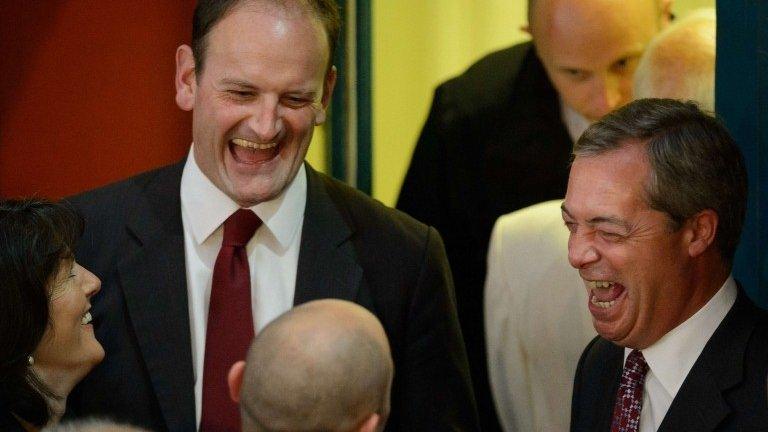Brexit: How do people in Clacton feel seven years after vote?
- Published
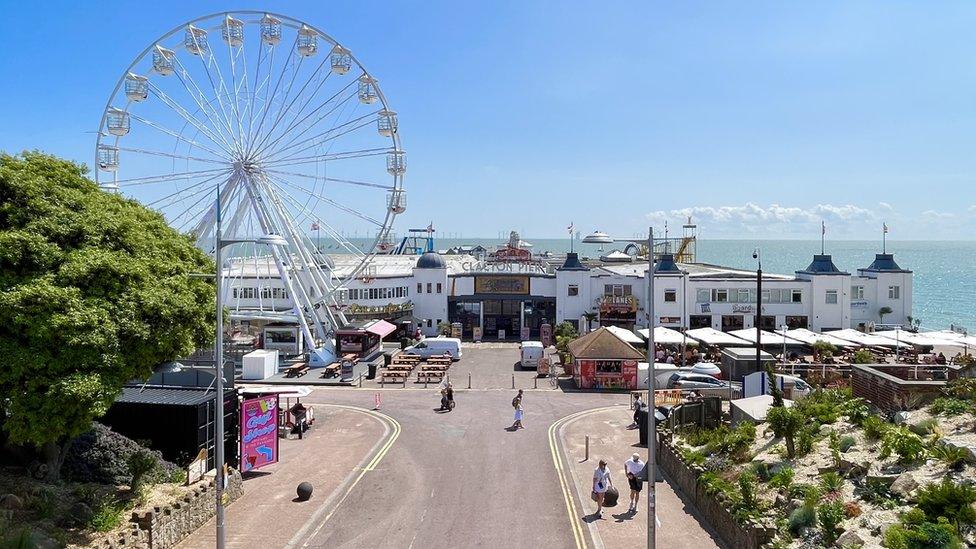
The resort of Clacton had the third highest percentage of Brexit voters in 2016
On 23 June, it will be seven years since the United Kingdom voted to leave the European Union. Two years before the Brexit referendum, Clacton-on-Sea saw its MP defect to Brexit-supporting UKIP. How do people in the resort feel about it all now?
The Tendring area of Essex - which includes the seaside town of Clacton - recorded one of the highest leave votes in England in the 2016 referendum. Almost 70% of people voted out - and turnout was 74.5%.
Clacton was considered by many to be the beating heart of Brexit after its Conservative MP Douglas Carswell defected to UKIP in 2014. In 2015, 22 UKIP councillors were elected on to the district council.
But what do people in the resort feel about Brexit today?
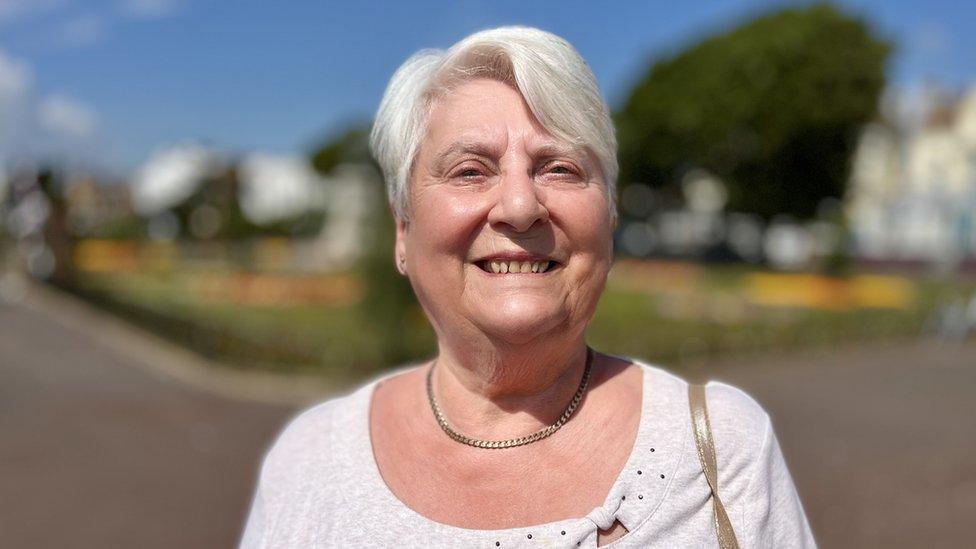
Jill Ayling regrets her decision to vote leave in the 2016 referendum
"I voted to leave, but I wish I hadn't," says Clacton resident Jill Ayling, 76.
"We didn't know the whole truth, did we? We were supposed to get money for the National Health Service, but to my mind it hasn't happened.
"If I had to vote again, I'd vote to stay."
She believes people were swayed by the political arguments at the time but it will have a lasting effect on younger generations.
"For younger people, it has altered dramatically for them. Things have changed," she says.
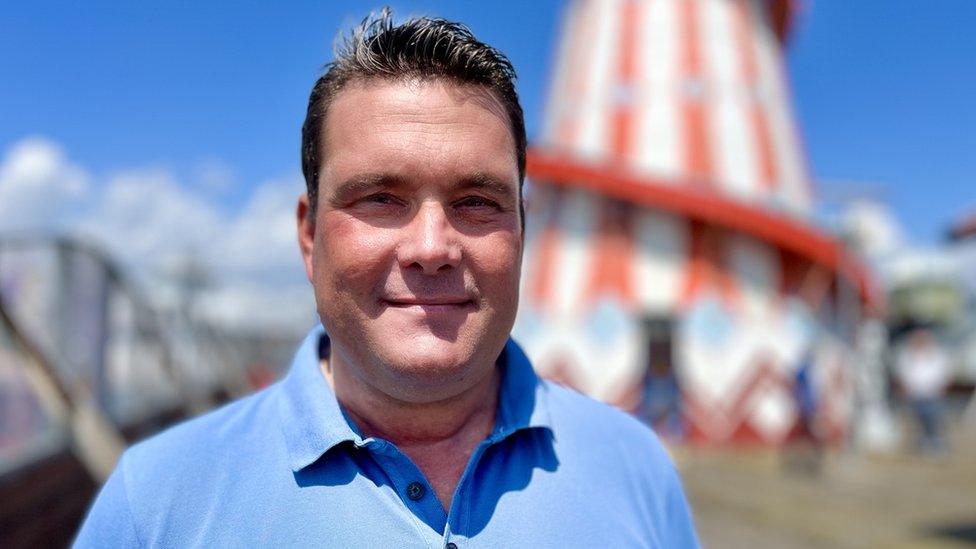
Billy Ball says the loss of European workers in the hospitality industry hit hard
Billy Ball, 42, the managing director of Clacton Pier, did not want to reveal how he voted in the 2016 referendum.
"The biggest challenge for hospitality and the seaside as a whole - and Clacton Pier - has been how the Eastern European labour took the decision to move home," he says.
"We've never really recovered from that. The British don't see hospitality as a long-term career path.
"It is an older demographic in Clacton and perhaps there's some idealism, with people thinking standing on our own two feet was a good thing.
"We were one of the country's only UKIP areas but it was probably all a bit of a flash in the pan.
"People tend to have forgotten why the resulting problems exist."
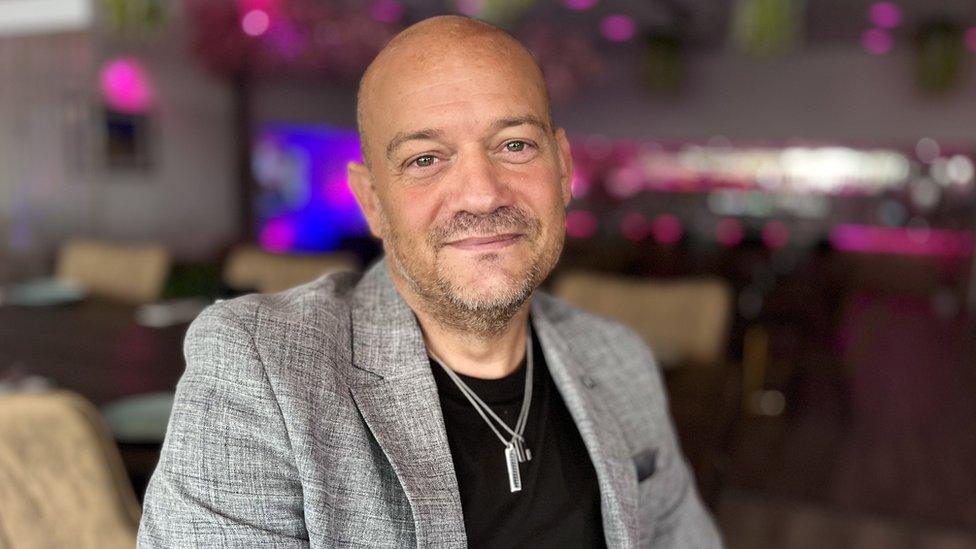
Businessman Jason Smedley owns the Royal Hotel in Clacton
Jason Smedley, 53, has lived in Clacton for 15 years and owns a number of businesses, including the Royal Hotel.
He did not vote in the referendum.
"In all of my businesses, I can't see any difference," he says. "Covid is the only thing that's had an impact here and around the country."
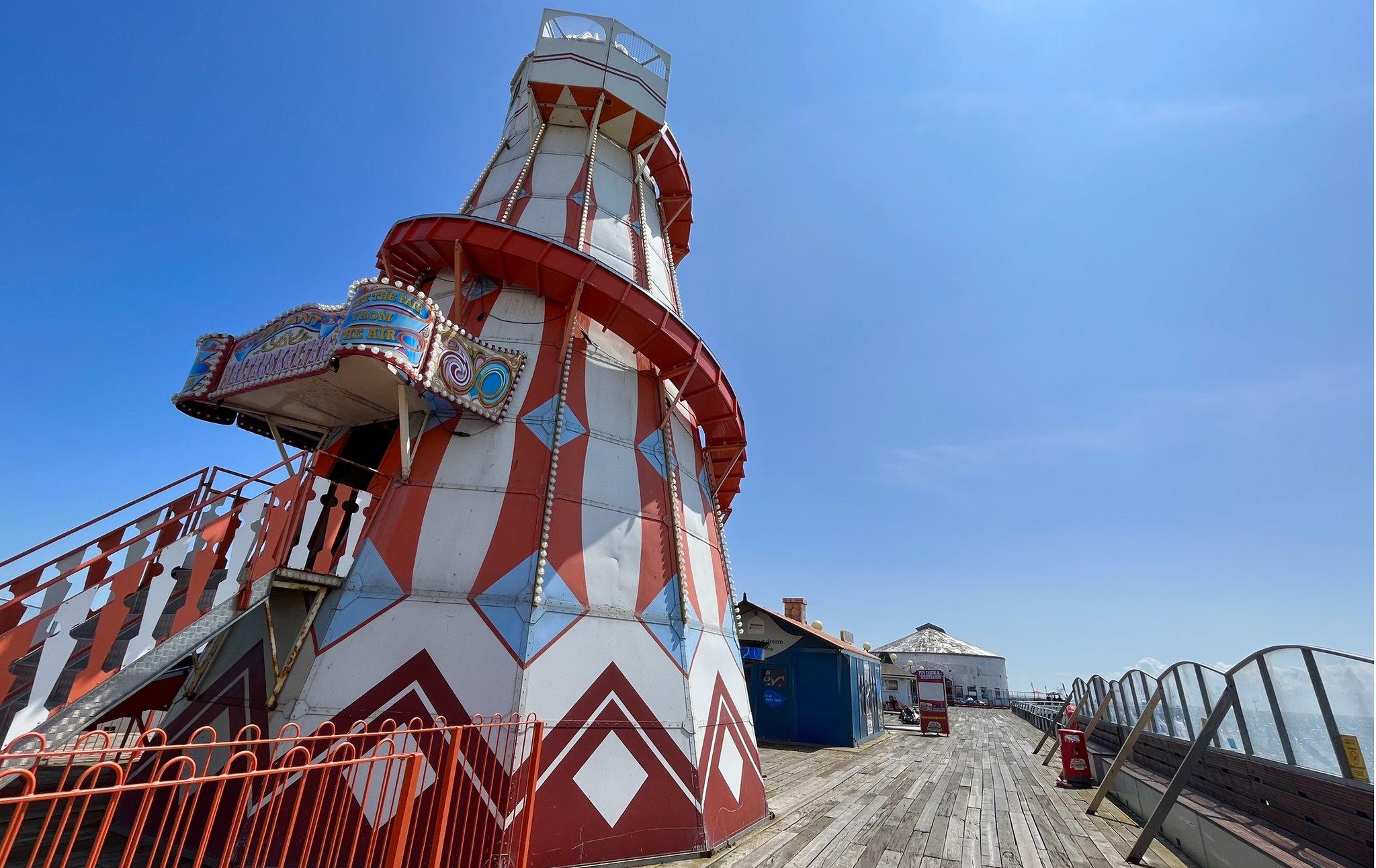
Clacton relies on its tourism industry but lost seasonal workers after the Brexit vote
He says he took the strong Brexit sentiment in Clacton with "a pinch of salt".
"I had a look at the main points and how it would affect me as a business and thought - actually, it doesn't - either way," he says.
"I was waiting to see this catastrophic failure of everything in the country."

Victoria Hart has lived in Clacton for seven years but was too young to cast her vote in 2016
His view is echoed by the hotel's general manager, Victoria Hart. The 23-year-old was too young to vote in the 2016 ballot.
"It hasn't affected us at all," she says, "especially people my age and my friends here in Clacton, we don't talk about it.
"Covid is the only thing that has severely impacted my life."
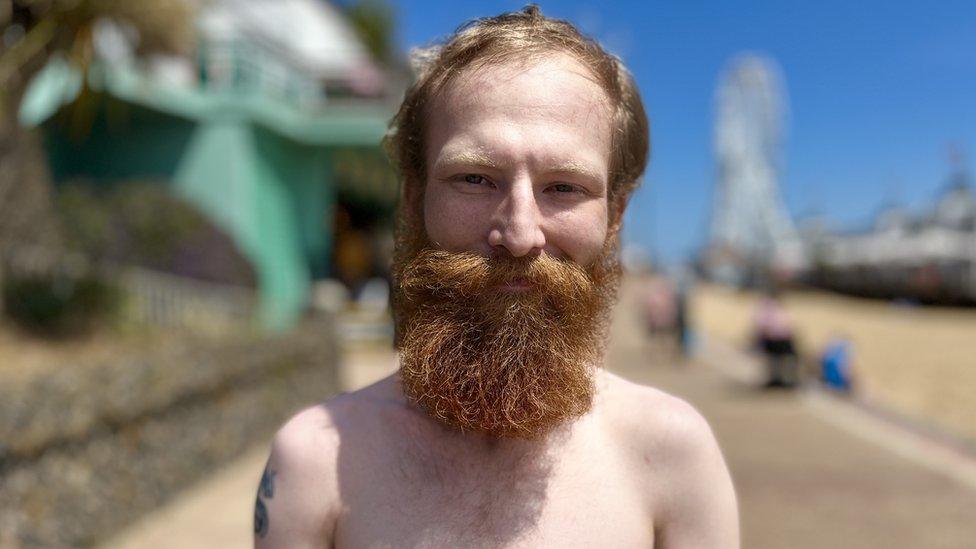
Ryan Richards, from Beccles, says he feels "left out" and that the referendum should have been open to younger voters
Ryan Richards, 22, says he feels "left out" as he too was unable to vote in the referendum.
"We should have stayed with the EU," he says.
"With the trade routes and the way prices are going up now, it's becoming impossible for people my age even to get a home, let alone anything else - I blame Brexit for that.
"When it all happened we were under the age - I couldn't vote.
"I can understand why they want to make their their own trade routes without having to rely on someone, but they should have at least gone to young people, who are going or be majorly affected by it all.
"I feel left out."
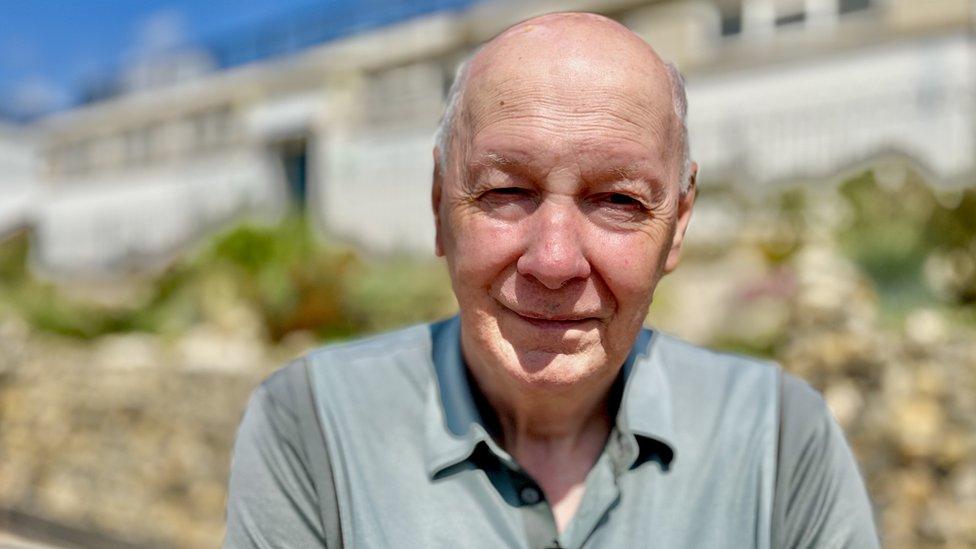
Ronald Oudnie, from Basildon, voted to leave in the 2016 referendum and says people need to give it time
"I don't think you can tell if it has worked, because of the pandemic and the trouble we've had with the government keeping changing, there hasn't been a time when you can say there's been a smooth period," says Ronald Oudnie.
The 74-year-old voted for Brexit.
"You've got to wait until you've got a government that's been in for a few years, that it's been stable and able to sort things out.
"I can remember when we actually joined the EU. We didn't sign up to a lot of things then that they brought in after, it was more like an economic thing.
"But they implemented laws on us when we should be implementing our own laws, it's as simple as that."
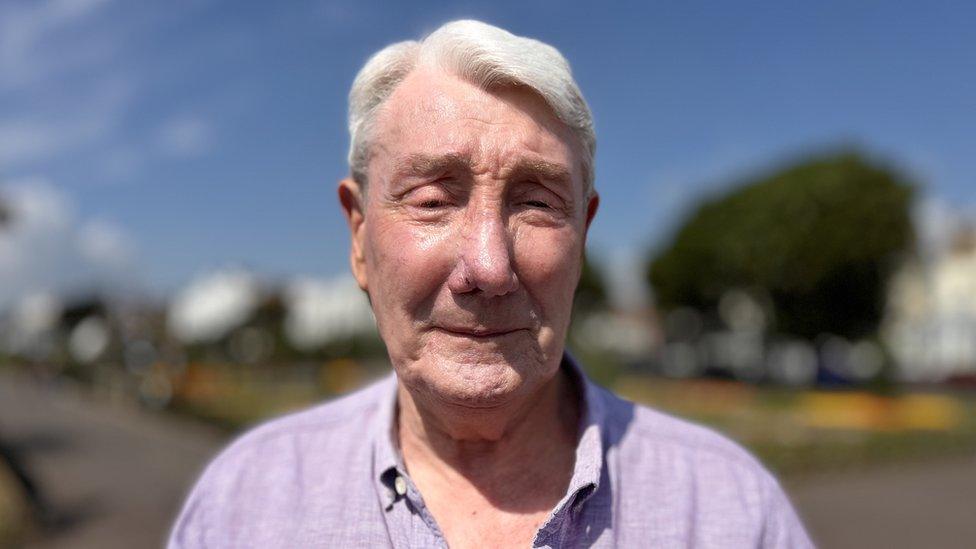
Peter Lenard says Brexit has been "a disaster"
Peter Lenard, 79, voted to stay in the EU.
"It's been a disaster, Brexit," he says.
"We were all promised we were going to put so much money into the NHS and I honestly think if you were to ask a lot of people today who voted out, I think a lot would change their mind."
He says there is an element of "I told you so".
"All my friends say the same," he says.
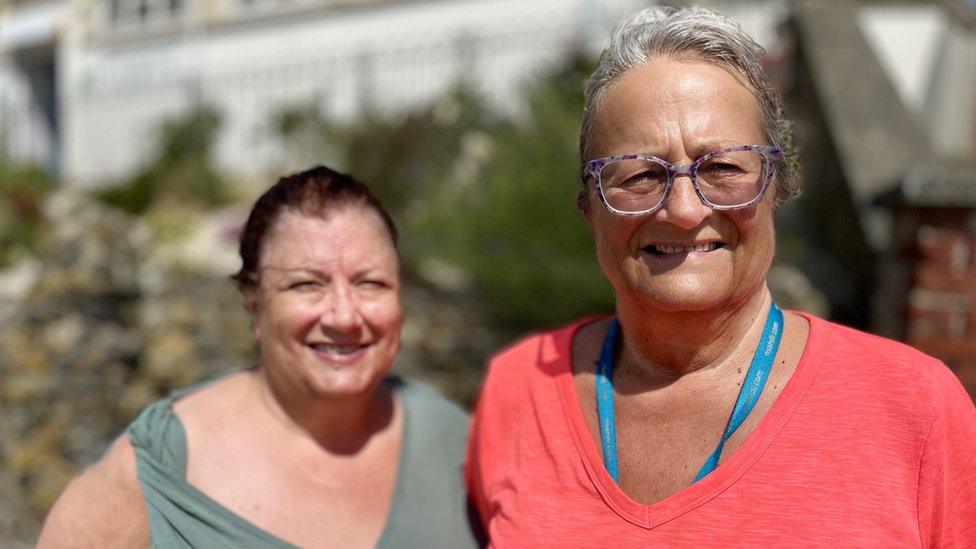
Friends Rosalie Pope and Beverley Banks voted differently in 2016
"I voted out because of Brussels, I was fed up of having to answer to them for every single thing, no for any other reason," says Beverley Banks.
"I was hoping a lot of Europe was going to do the same and then we could form again and do it differently.
"It didn't happen. The Ukraine war didn't help, but everything is so much more expensive."
Her friend Rosalie Pope says: "I knew it was a bad idea, and it was.
"I travel internationally for business all the time and didn't want the rigmarole - so I voted 'in'."

Neil Stock says anyone who deals with Europe might have found the referendum result "irksome"
Small business owner Neil Stock, 55, is a former Conservative leader of Tendring District Council.
"How you judge whether that's been a success or a failure, or good or bad, or wrong or right, is down to your own independent view of the world," he says.
"If you were going to and from Europe on a regular basis I should imagine it's been quite irksome.
"But for most people it hasn't even touched the sides. I don't regret voting leave at all. If you reran the referendum, despite the opinion polls you'd get a very similar result.
"People who never vote came out and wielded the pencil in the ballot box and said 'I want to leave'. The decision was made on a whole raft of emotions, including sovereignty.
"We live in a post-Brexit world. It doesn't mean the world ended in 2016."
The government has previously said it was "making the most of Brexit freedoms".
"The government is making the most of our Brexit freedoms to grow the economy, including ambitious financial services sector reforms which will unlock over £100bn of investment, and we are reviewing EU-derived rules in other critical growth sectors this year," said a spokesperson.
Question Time is hosting a special debate from Clacton on BBC One from 22:40 BST.
Photography by Martin Giles

Follow East of England news on Facebook, external, Instagram, external and Twitter, external. Got a story? Email eastofenglandnews@bbc.co.uk or WhatsApp us on 0800 169 1830
- Published12 May 2023
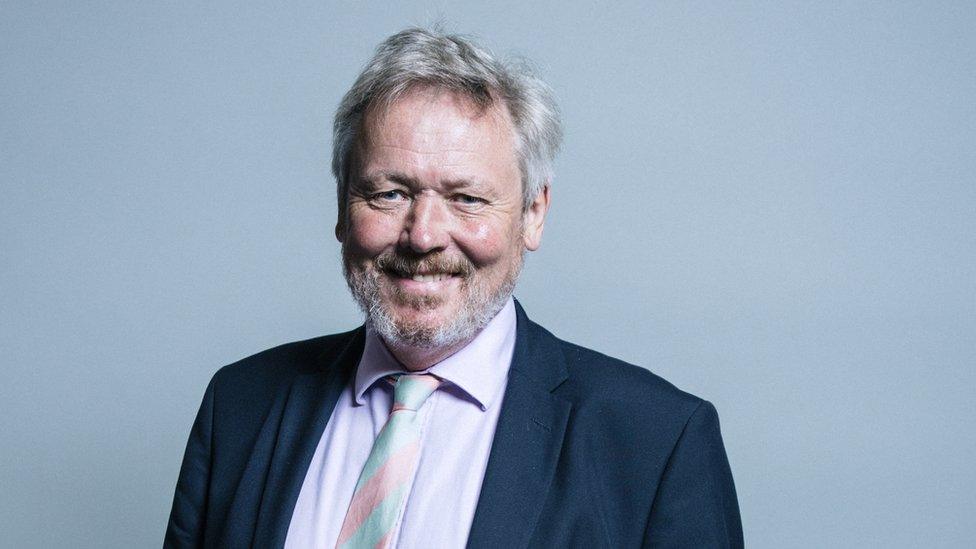
- Published4 January 2023
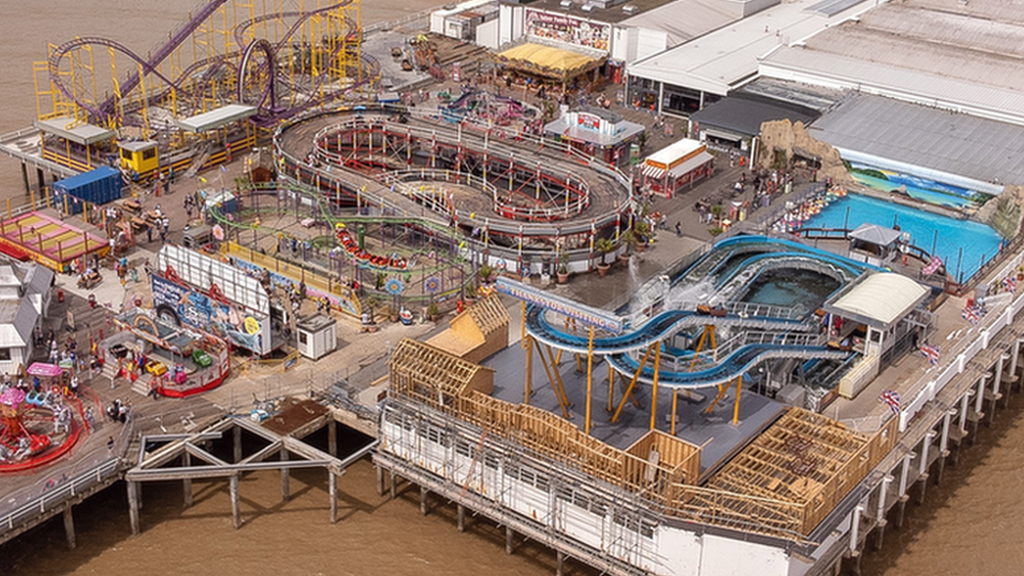
- Published8 June 2022

- Published17 April 2021
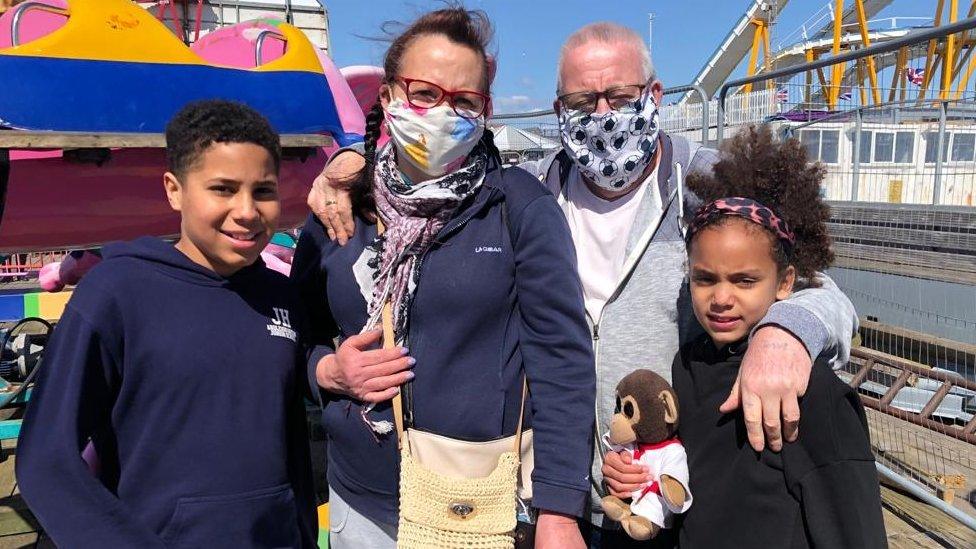
- Published16 February 2021
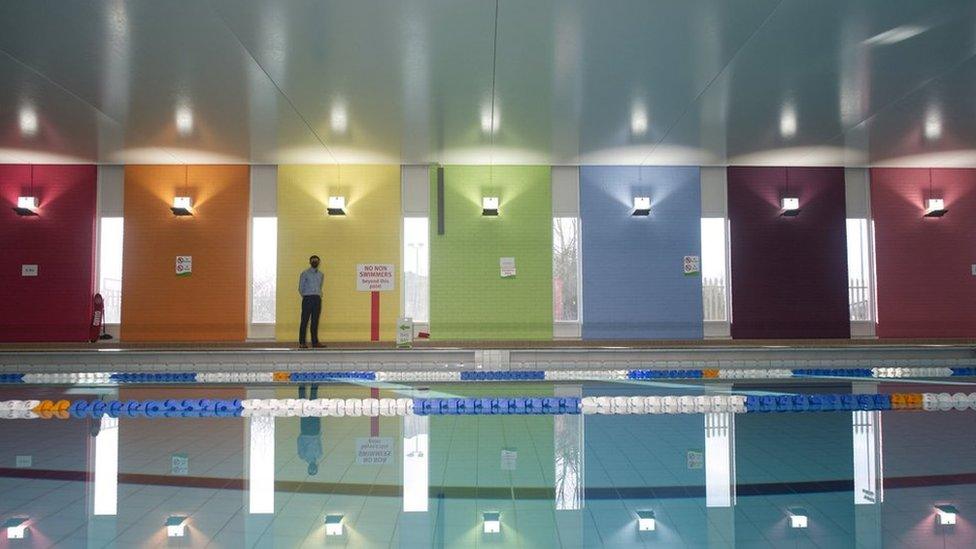
- Published25 March 2017
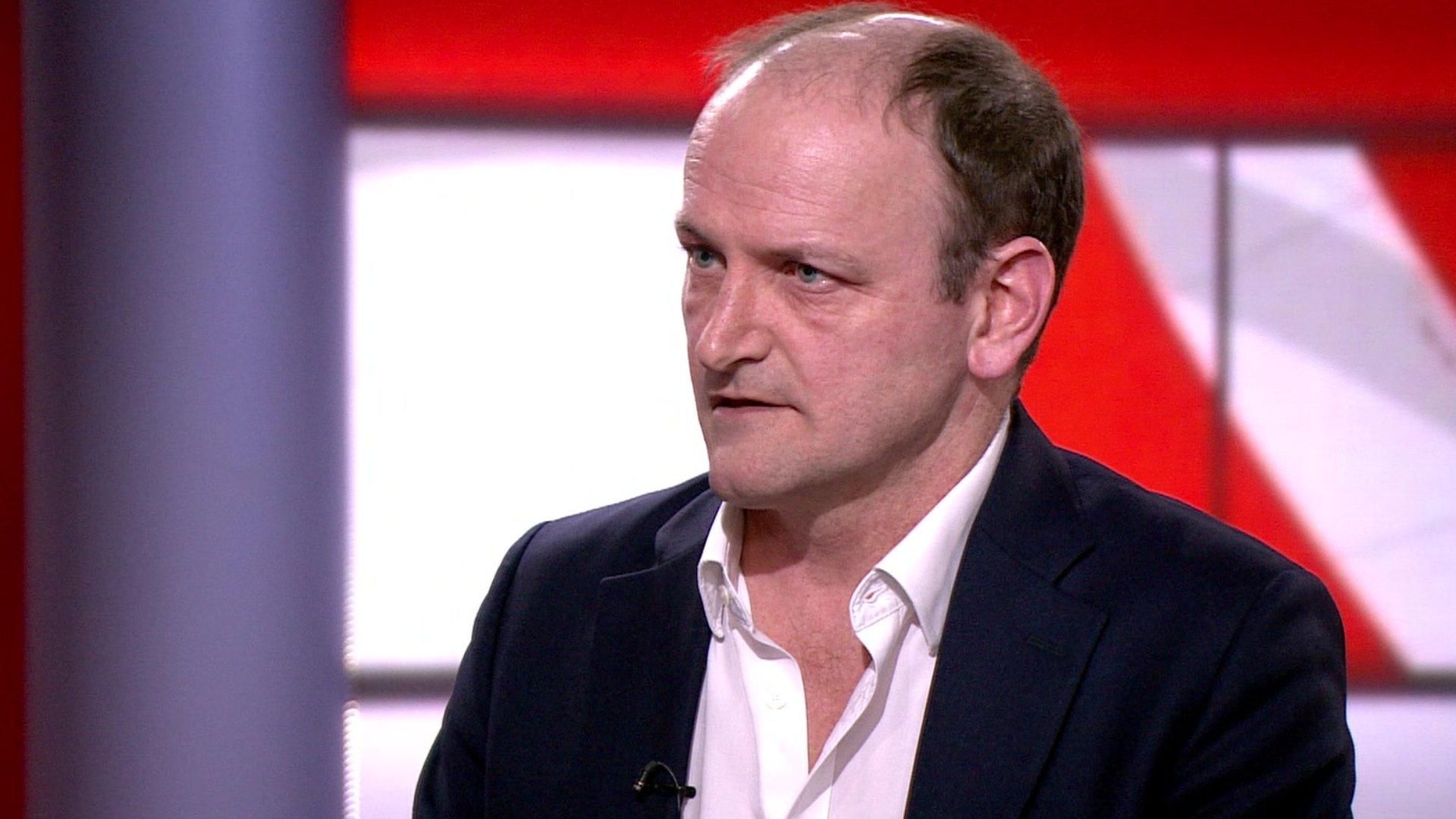
- Published10 October 2014
